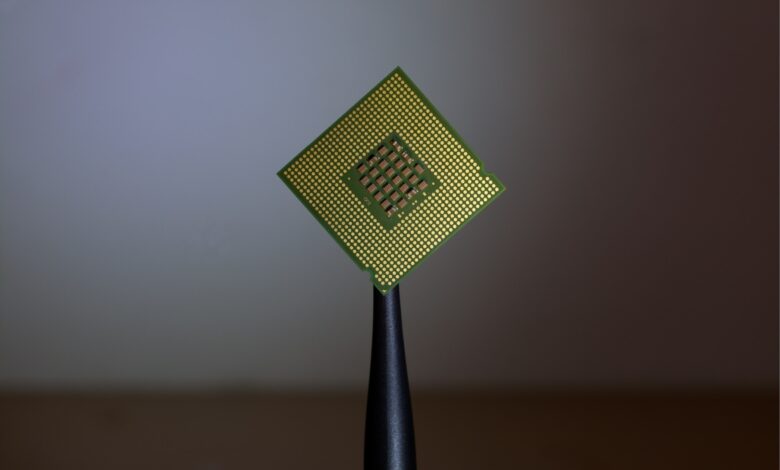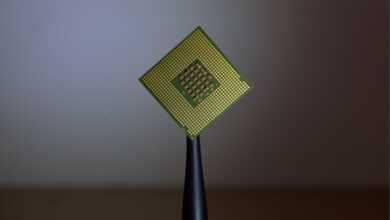
As a result of the sanctions imposed by the Ukraine war, Russia is running out of chips. Now it apparently wants to set up its own chip production within the shortest possible time, in which chips are initially to be manufactured using the 7 nm process.
Russia plans own chip manufacturing
As early as June 2022, TSMC, the largest chip manufacturer, will cease shipments to Russia and Belarus as a result of sanctions imposed in the wake of the Ukraine war. This has led to a bottleneck, with Russia recently importing even defective chips from China on the black market.
As a solution, the country wants to become a semiconductor manufacturer itself from now on. Currently, a Russian research institute is already exploring the possibilities of producing chips with a structure width of up to 7 nm in its own country, as Tom’s Hardware reports with reference to a Russian IT magazine.
The Institute of Applied Physics of the Russian Academy of Sciences in Nizhny Novgoro has submitted a corresponding strategy paper to the government, which goes through the chip manufacturing in theory. Within just six years, by 2028, manufacturing could begin in Russia – if all goes according to plan.
Government invests heavily
The chips are apparently to be manufactured by Mikron, one of the world’s oldest chip manufacturers, which, however, is now lagging well behind in global terms. In 2020, Mikron had introduced the first semiconductors in the 65-nanometer manufacturing process, which TSMC has been offering since 2005.
As wccftech reports, the Russian government is supporting the chipmaker with seven billion Russian rubles (about 114 million euros) to advance semiconductor manufacturing in the 7-nm process.
The plan is to use an entirely new manufacturing process based on X-rays, which requires new performance light sources, completely new optics and precise metrology, but is expected to be significantly more energy-efficient in production than the usual EUV process for manufacturing chips.
However, even if the country is able to implement the new process, it will still need to set up suitably modern equipped factories and supply them with appropriate raw materials. Which will be difficult if the country is cut off from supplies analogously to the sanctions. In practice, Russia’s own chip production is therefore still on extremely shaky ground.



